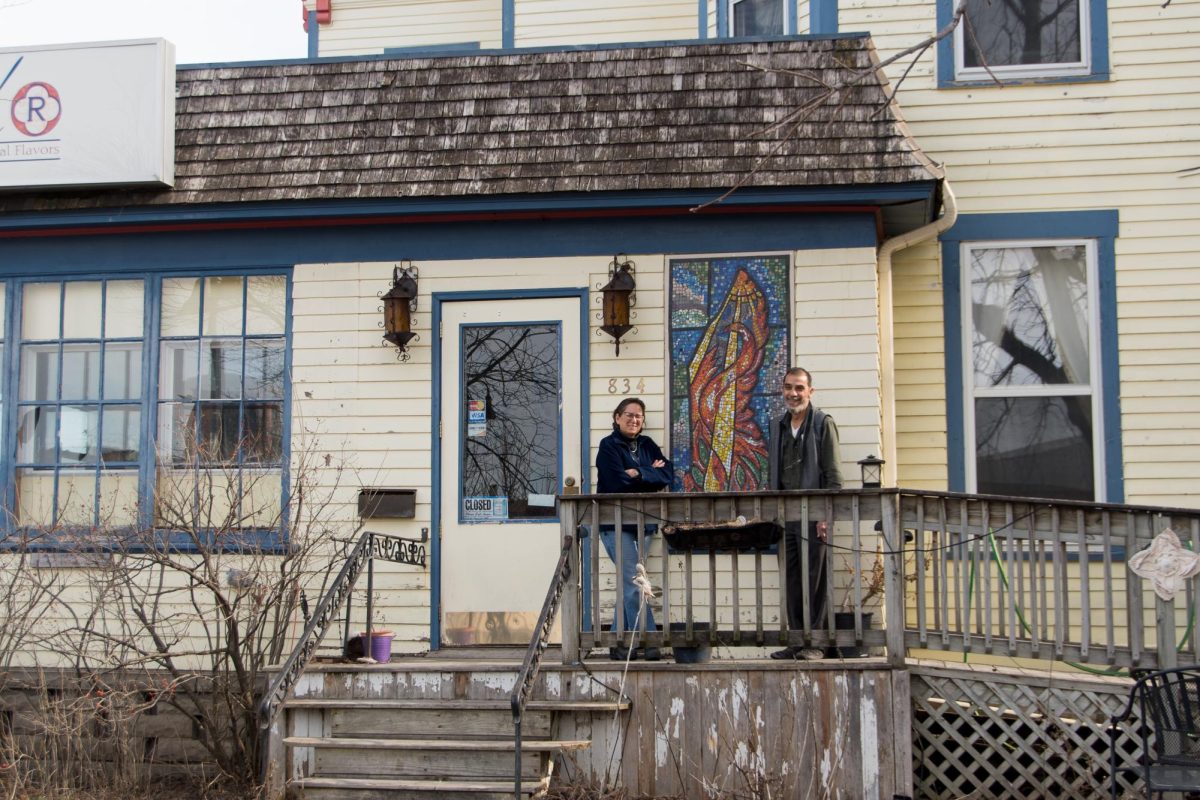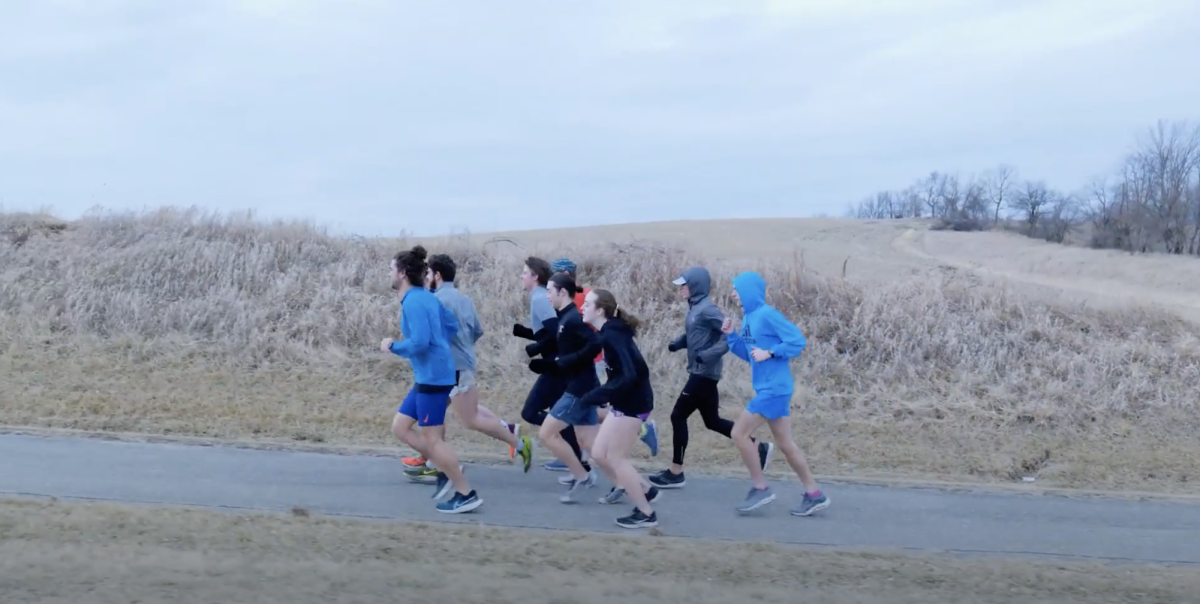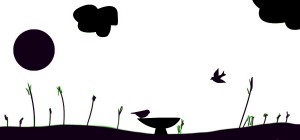Sustainability has become an increasingly important issue at Grinnell as evidenced by the numerous environment-related student groups on campus. With that in mind, “permaculture,” or permanent agriculture, embraces an intimate understanding of the land and embodies both a scientific and humanistic approach to sustainability practices.
This weekend, the Garden Club and Avi Pogel ’06 will be leading a permaculture workshop which will focus on educational and community aspects of permaculture design.
Ellie Honan ’14, a leader of Garden Club, encountered permaculture on a recent AltBreak trip to Iowa City and was surprised to find a relatively large network of people involved in the practice. Honan was especially intrigued by the way in which the concept involved “finding the most efficient way of doing things in terms of space, time and resources.”
She then contacted Pogel, who immediately expressed interest in leading an introductory permaculture workshop at Grinnell.
Pogel, who majored in anthropology at Grinnell, became fascinated by permaculture during his fourth year. Through school funding, he was able to receive training in the practice and ultimately obtain a permaculture design license after graduation.
According to Pogel, permaculture has traditionally been hard to define, due to the multitude of contributing disciplines and the way different participants bring their varied backgrounds to the table.
However, he believes that, ultimately, it encompasses the “conscious creation of agriculturally productive sound human habitats with the diversity and resiliency of natural systems.” The philosophy of sustainability largely focuses on regenerative practices, which means returning resources to the environment instead of merely consuming them. Simple irrigation practices such as building swales—ditches that direct rainfall—can diminish a portion of the dollars spent on water infrastructure.
This weekend’s workshop will focus on designing a forest garden that will take the place of the current student garden, using a newfound understanding of ecological principles of design. However, much of the emphasis will be placed on an educational component.
“We will be focusing on the student garden and some hands-on techniques, but [most] emphasis [will be] on principles of permaculture,” Pogel said. “We’ll think of designs that give back to the environment and support life without solely relying on toxic chemicals or the burning of fossil [fuels].”
The workshop will kick off on Saturday at 12 p.m. in ARH 102, where Pogel will introduce the subject matter during a lunch event sponsored by Relish—the Grinnell restaurant that prides itself on using fresh, local ingredients. Much of Saturday’s workshop will consist of Pogel delivering two lectures: “Patterns as Design Tools” and “Gardening as Permaculture.” The first day of the workshop will culminate with a potluck dinner at 6 p.m. held in Macy House.
Sunday activities will begin at 11 a.m. and will focus on hands-on application of permaculture and creating a site plan for the forest garden.
The forest garden, which Honan referred to as a long-term project, will mimic the structure of a forest in the creation of a self-sustaining natural ecosystem. Participants of the workshop will have to consider permaculture design principles to ensure that elements of the garden possess multiple and meaningful purposes so that plants do not compete for the same nutrients in the soil.
“It will be highly diverse, productive, beautiful and it will exemplify a lot of the principles of ecological design,” Pogel said.
Pogel, who advocates an intimate relationship with and awareness of the environment, hopes that the workshop will help students become more environmentally and socially responsible.
“My goal is to expose a new way of thinking,” Pogel said. “Once someone is introduced to [permaculture] design principles, it becomes hard to look at the same way. You don’t look around and see problems as much as you see solutions.”






















































